Microsoft's Edge now more popular than Firefox for the first time
Major changes, and a pivot to businesses, sees the Chromium-powered web browser leapfrog its rival
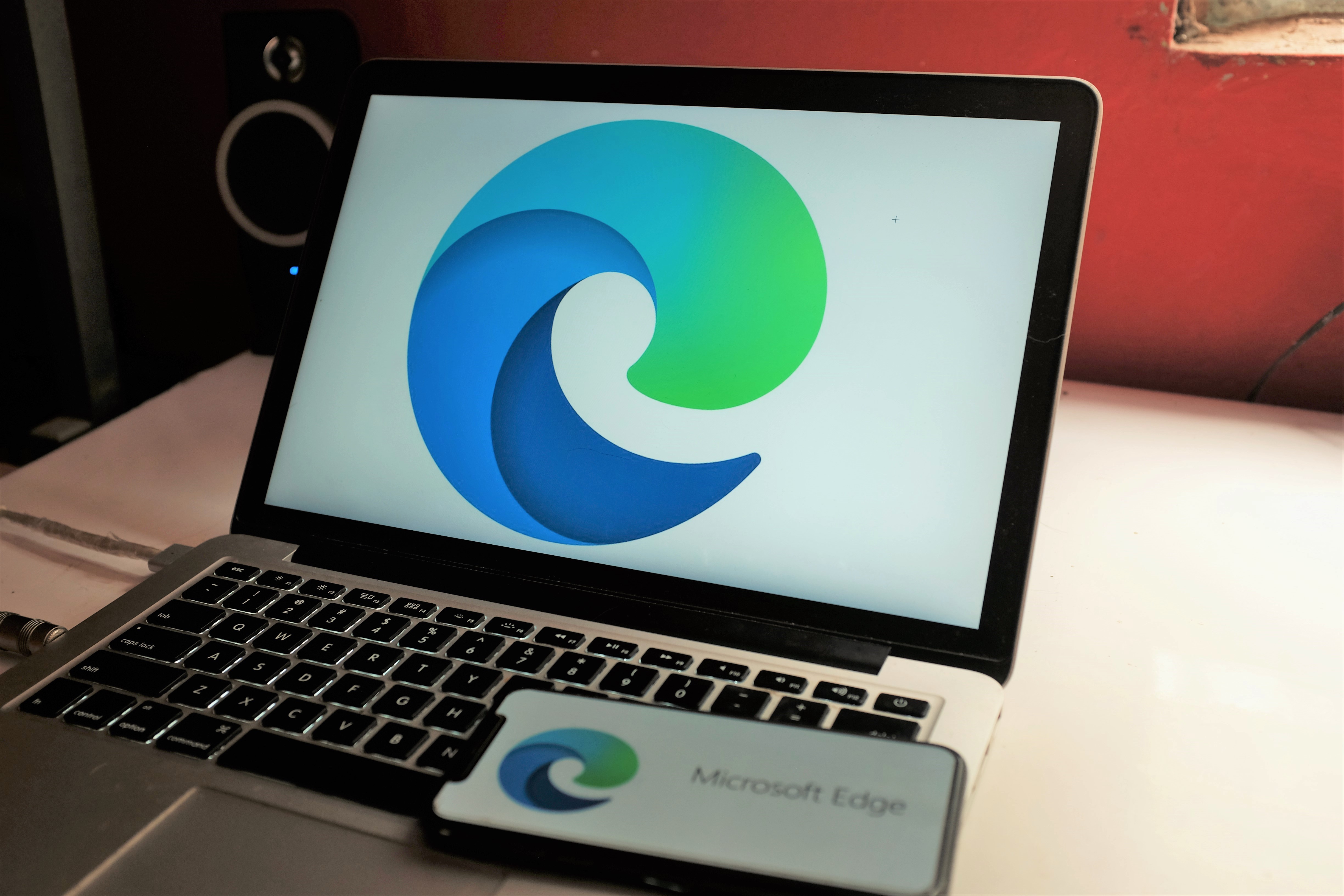

Fundamental changes to the Edge platform have seen Microsoft’s flagship browser swell in popularity to the extent it’s overtaken Mozilla’s Firefox as the second most widely-used browser.
Microsoft Edge crept up from a market share of 7.38% in February to 7.59% during March 2020, versus a slightly reduced 7.19% share for Firefox against 7.57% the previous month, according to NetMarketShare.
A steady rise in popularity for Microsoft Edge against the steady fall of Firefox’s market share over the last couple of years has seen a crossover moment occur for the first time.
The milestone follows a period of change for Edge, that comes pre-packaged with its Windows operating systems. Among these changes are a reangling towards business users, and an overhaul of its codebase to the extent it’s now based on the open source Chromium browser.
Another feature, known as Collections, allows workers in procurement to drag and drop items from search results into a list that can be shared with others, complete with image and metadata for all items.
The Chromium-powered Edge has also seen a brand redesign to distinguish itself from the previous iteration of Edge, which has languished for years, as well as Internet Explorer, which has sustained an organic month-by-month decline.
Although Chrome enjoys a near-monopolistic market share of desktop browsers, often hitting between 60% and 70% in market share over the last few years, the tussle for second has been closely fought between Firefox, Edge and Internet Explorer.
Get the ITPro daily newsletter
Sign up today and you will receive a free copy of our Future Focus 2025 report - the leading guidance on AI, cybersecurity and other IT challenges as per 700+ senior executives
Firefox has, itself, undergone a series of key changes focused almost exclusively on protecting user privacy. The most recent step forward in its development, which typifies this trend, involves the launch of a paid-for virtual private network (VPN) that encrypts users’ connections across apps and devices.
Unfortunately for Mozilla, these efforts haven’t paid off in the way the developer may have hoped, given its market share has continued to fall over time, from 9.27% in March 2019, for example, to just above 7% last month. Comparatively, Edge held just 5.2% market share the same time last year.
The rise of Microsoft Edge has also coincided with the fall of Internet Explorer, which held a market share above 12% during 2018. This is largely due to the fact many businesses still rely on the web browser to run business-critical applications.
The fact the new Edge is powered by Chromium is also sure to attract a swathe of users simply curious as to how it compares against previous iterations, and whether this cleaner codebase leads to smarter functionality.

Keumars Afifi-Sabet is a writer and editor that specialises in public sector, cyber security, and cloud computing. He first joined ITPro as a staff writer in April 2018 and eventually became its Features Editor. Although a regular contributor to other tech sites in the past, these days you will find Keumars on LiveScience, where he runs its Technology section.
-
 AI is helping bad bots take over the internet
AI is helping bad bots take over the internetNews Automated bot traffic has surpassed human activity for the first time in a decade, according to Imperva
By Bobby Hellard
-
 Two years on from its Series B round, Hack the Box is targeting further growth
Two years on from its Series B round, Hack the Box is targeting further growthNews Hack the Box has grown significantly in the last two years, and it shows no signs of slowing down
By Ross Kelly
-
 Google adds new security vendor plugins for Chrome, improved Chrome OS policy controls for IT admins
Google adds new security vendor plugins for Chrome, improved Chrome OS policy controls for IT adminsNews New integrations across various security pillars aim to improve Chrome OS and Chrome browser security for enterprise customers
By Connor Jones
-
 Google says Chrome is now faster than Safari on Apple Silicon
Google says Chrome is now faster than Safari on Apple SiliconNews According to Apple's own benchmarks, Chrome 99 scored the highest out of any browser ever tested
By Connor Jones
-
 Raspberry Pi OS finally gets a 64-bit release
Raspberry Pi OS finally gets a 64-bit releaseNews After nearly two years in development and beta testing, the 64-bit version unlocks the Raspberry Pi's full 8GB memory
By Connor Jones
-
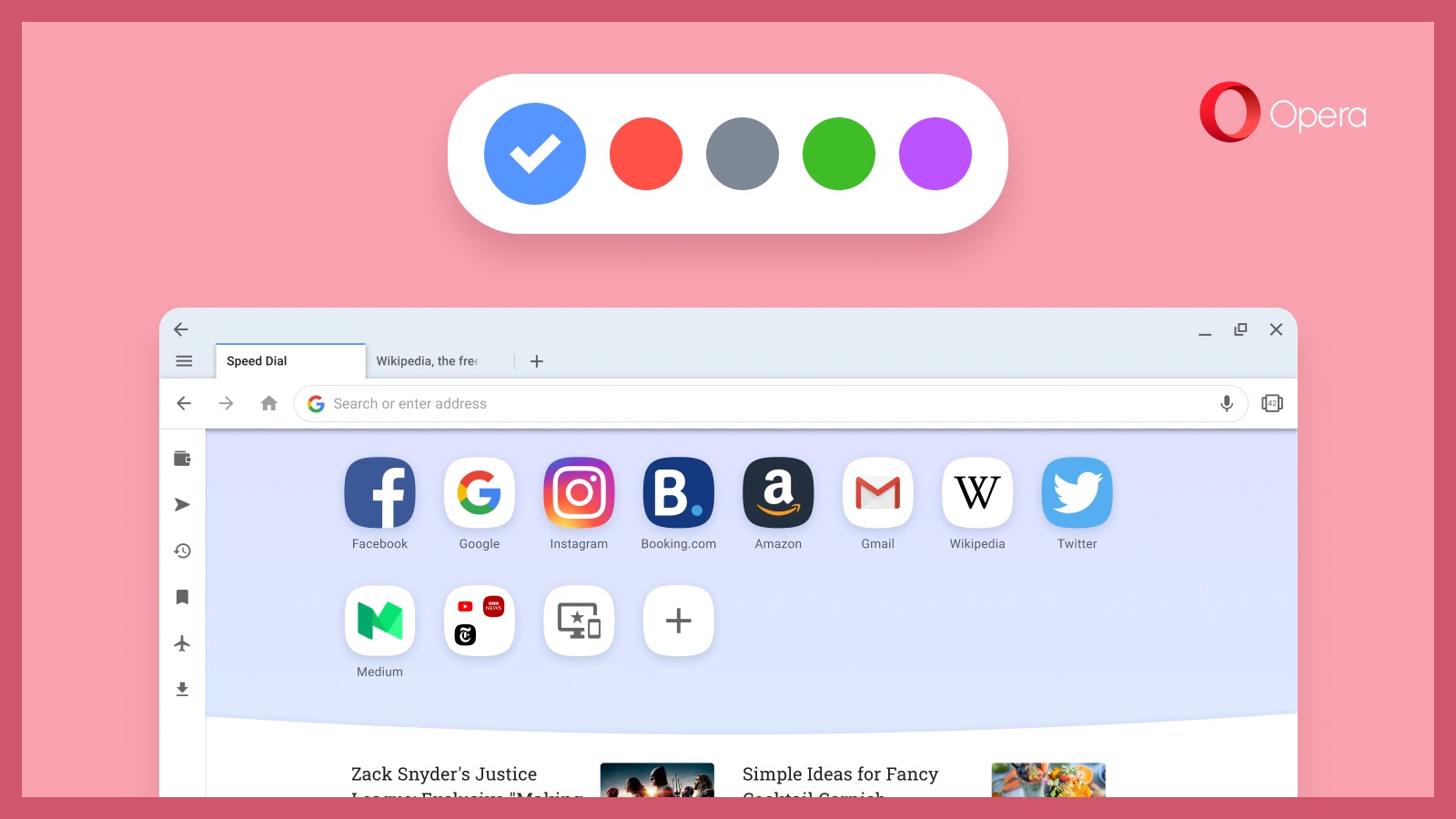 Opera update adds free VPN, built-in ad blocker to ChromeOS browser
Opera update adds free VPN, built-in ad blocker to ChromeOS browserNews The browser claims to be the first to be fully optimised for ChromeOS since the operating system launched in 2011
By Bobby Hellard
-
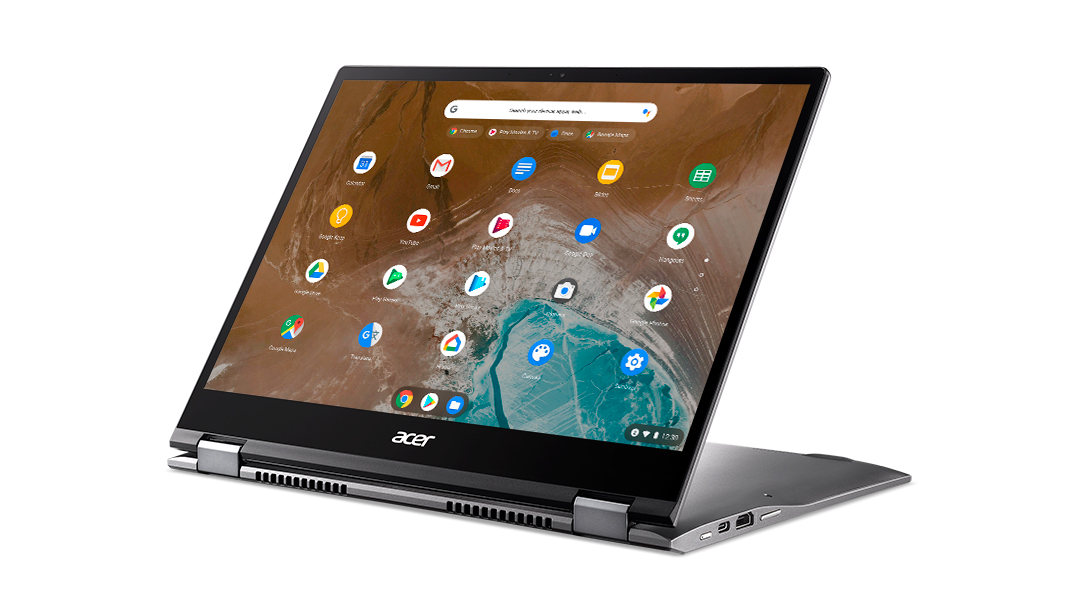
 Acer Chromebook Spin 713 review: A high-end package with a budget price
Acer Chromebook Spin 713 review: A high-end package with a budget priceReviews A premium Chromebook with a mid-range price and great performance, this is a very tempting machine
By Stuart Andrews
-
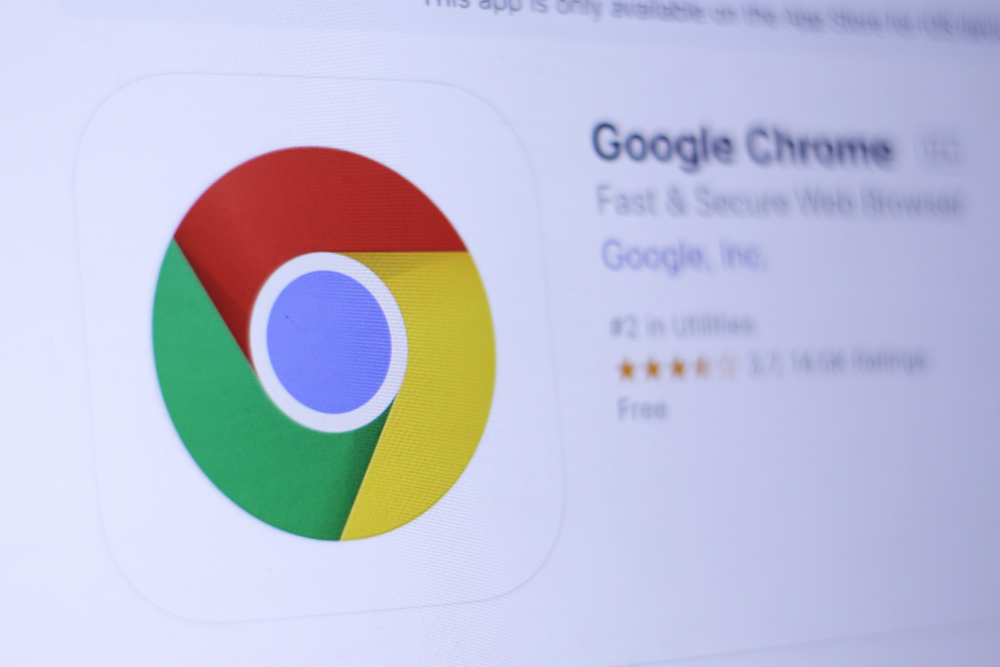 Google speeds up Chrome update cycle to four weeks
Google speeds up Chrome update cycle to four weeksNews Enterprise administrators will have a slower eight-week option to manage the update
By Bobby Hellard
-
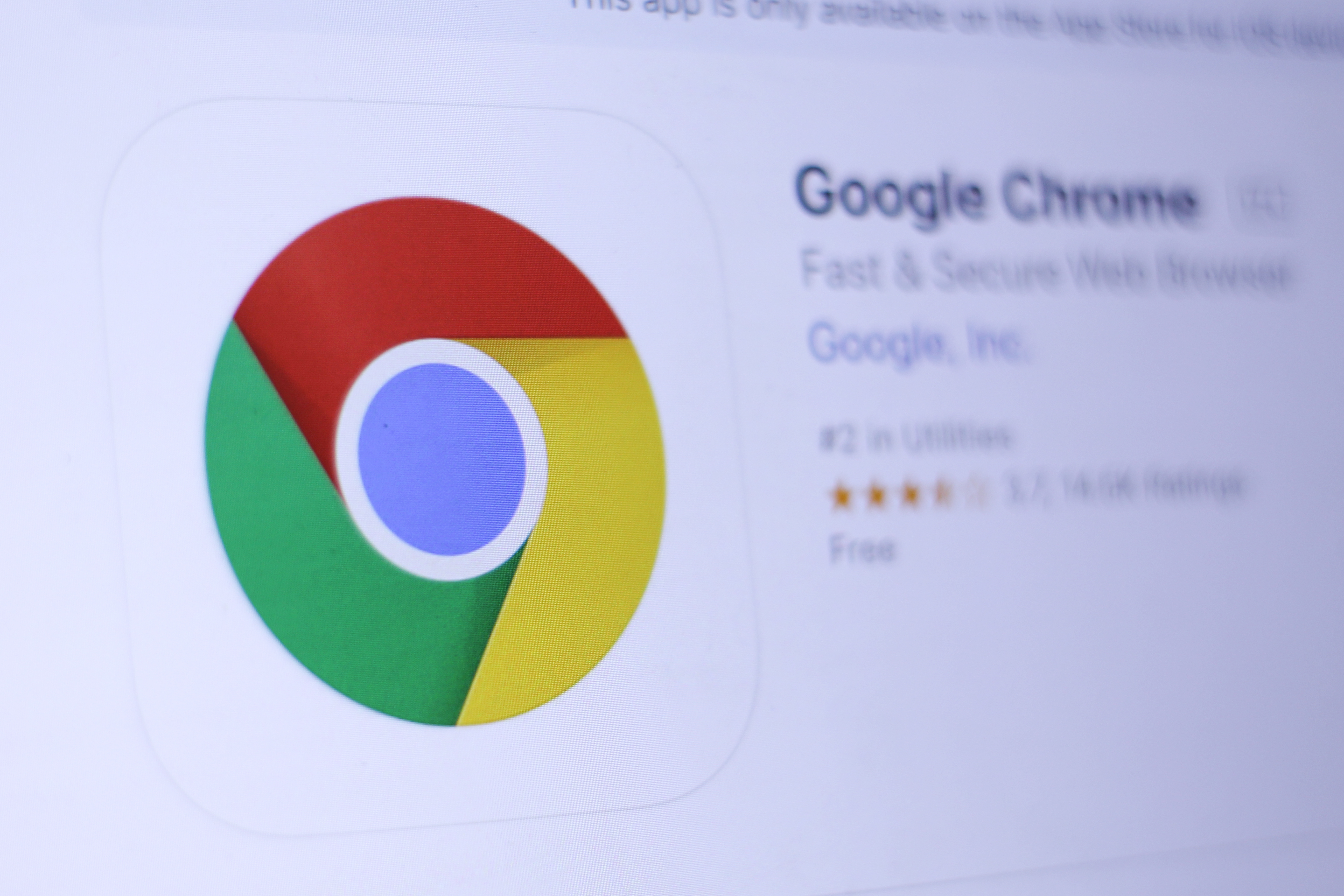 Google extends Chrome support for Windows 7 until 2022
Google extends Chrome support for Windows 7 until 2022News The company says the COVID-19 pandemic has stalled some businesses' Windows 10 migration plans
By Carly Page
-
 Chrome 87 arrives with bolstered performance and security
Chrome 87 arrives with bolstered performance and securityNews Final update of 2020 for Google's web browser will bring changes to search and open tabs
By Bobby Hellard